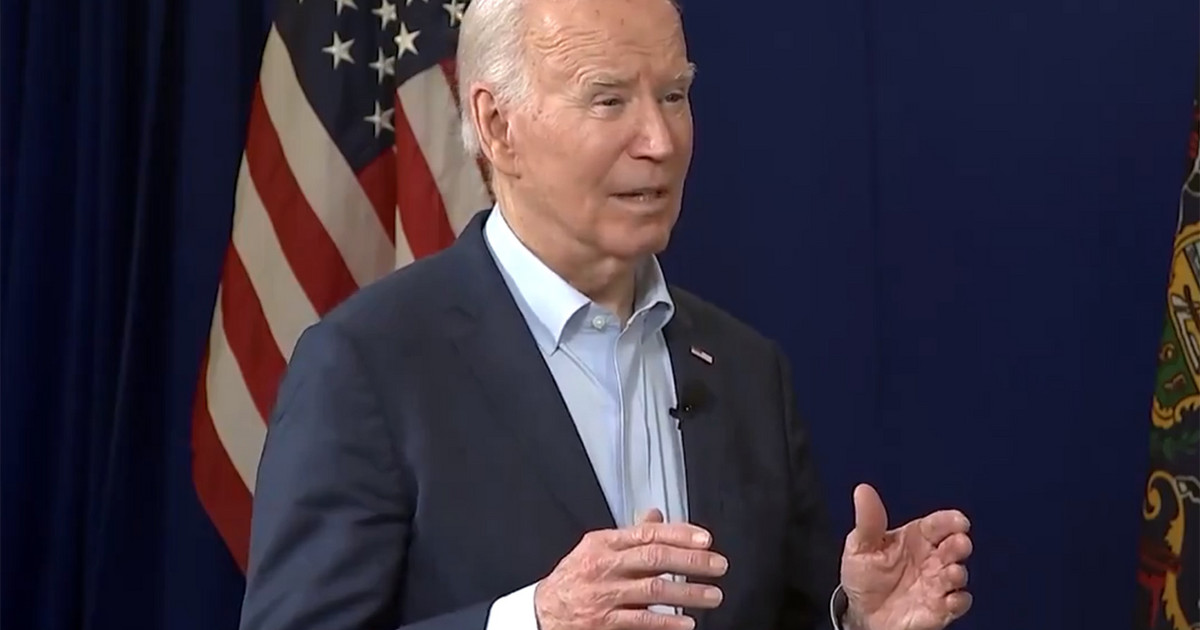The return of optimism in global markets is lifting one of the most troubled countries, Turkey.
The nation notorious for responding to high inflation with low interest rates was among the emerging markets hardest hit after the outbreak of war in Ukraine. Now, as fears of soaring consumer prices ease around the world, the bear market is finally loosening its grip on the country, according to Bloomberg.
Turkey’s sovereign credit risk, which jumped to a 19-year high last month, fell back to 703 basis points, the lowest since May, after Russia’s cash transfer to a Turkish subsidiary boosted foreign currency reserves. Additional investor demand for Turkey’s holdings of dollar-denominated bonds instead of government bonds has fallen below 600 basis points for the first time since June.
“I don’t expect Turkey to be at substantial default risk any time soon, but at 900 basis points, we were close to an extreme threshold,” said Cristian Maggio, chief portfolio strategist at TD Securities in London. “Any significant decline from current levels is also likely to be unwarranted. So perhaps 500-700 basis points is a reasonable trading range.”
The bond market rebound comes on the back of gains in stocks, where the benchmark posted its biggest weekly gain in 21 months. The short rate for a US fund buying stocks listed in Istanbul fell to its lowest level since 2014 amid a global rally.
Bonds remained steady amid data that showed the total amount of foreign currency held by companies in Turkish banks jumped by about $5.6 billion in seven days. Total inventories, including gold, likely rose $7.3 billion to $108.6 billion last week, Haluk Burumcheksi, an independent economist, said in a report.
Meanwhile, Turkey took a further step towards reducing its dependence on the US dollar as it struck a deal with Russia that allows Turkey to abandon the dollar for some of its imports.
However, the country’s currency remains in recession. While repeated interventions by state-owned banks have stabilized the pound after a seven-month slide through July, it continues to trade near the psychological level of 18 to the dollar. The currency has lost more than 25% this year and is the worst performer among the rest of emerging market currencies.
Turkey’s consumer price inflation is running at an annual rate of 80% against the central bank’s target of 5%. Driven by President Recep Tayyip Erdogan’s unorthodox belief that high interest rates fuel inflation, policymakers kept the benchmark rate at 14 percent this year, after 500 basis point cuts in 2021.
Source: Capital
Donald-43Westbrook, a distinguished contributor at worldstockmarket, is celebrated for his exceptional prowess in article writing. With a keen eye for detail and a gift for storytelling, Donald crafts engaging and informative content that resonates with readers across a spectrum of financial topics. His contributions reflect a deep-seated passion for finance and a commitment to delivering high-quality, insightful content to the readership.






